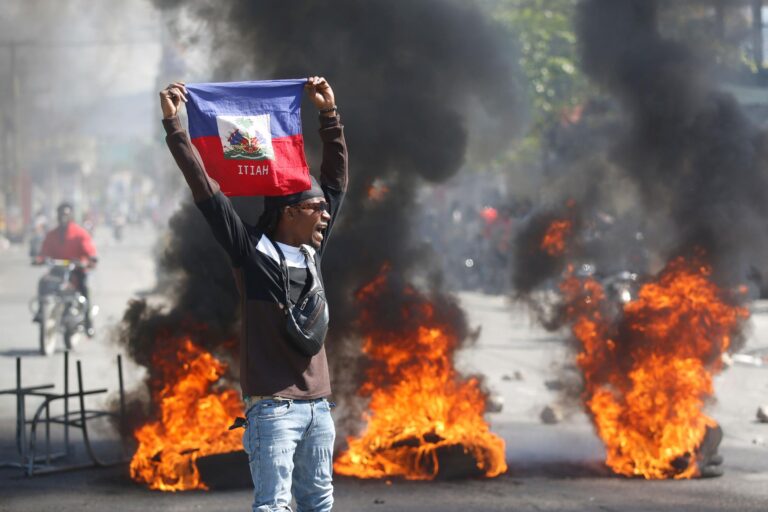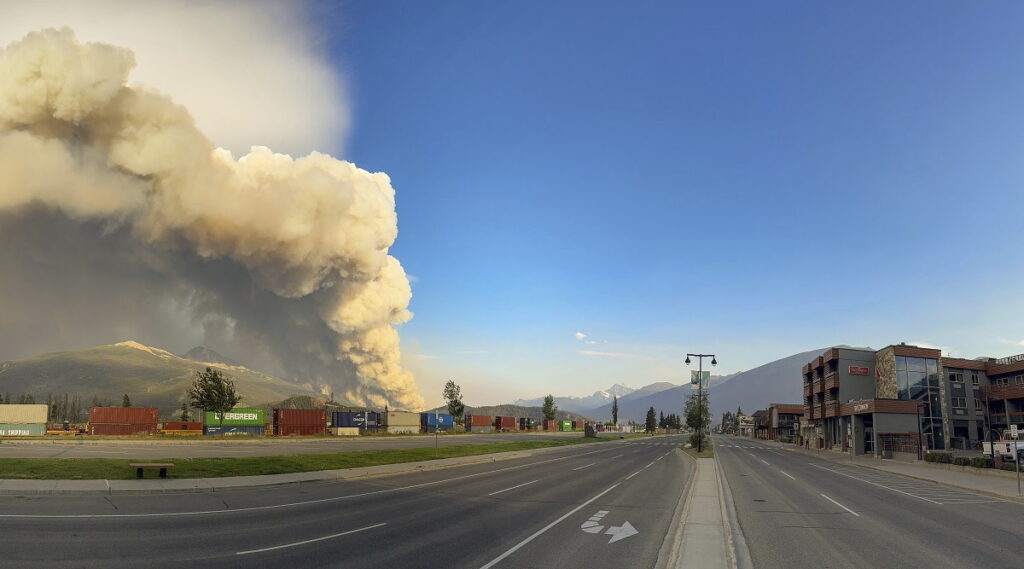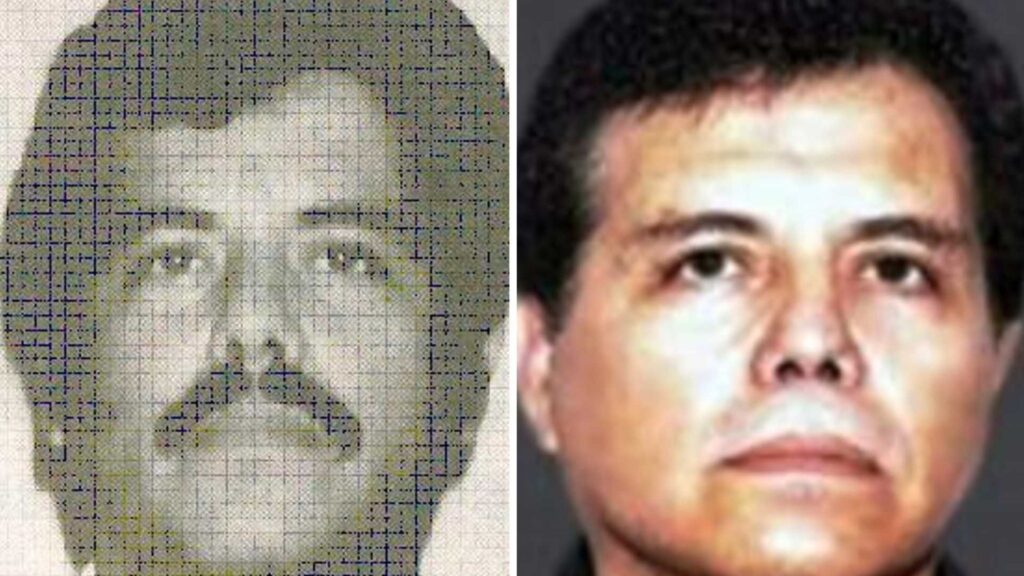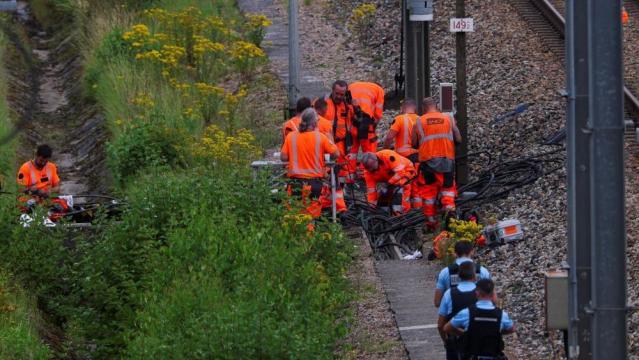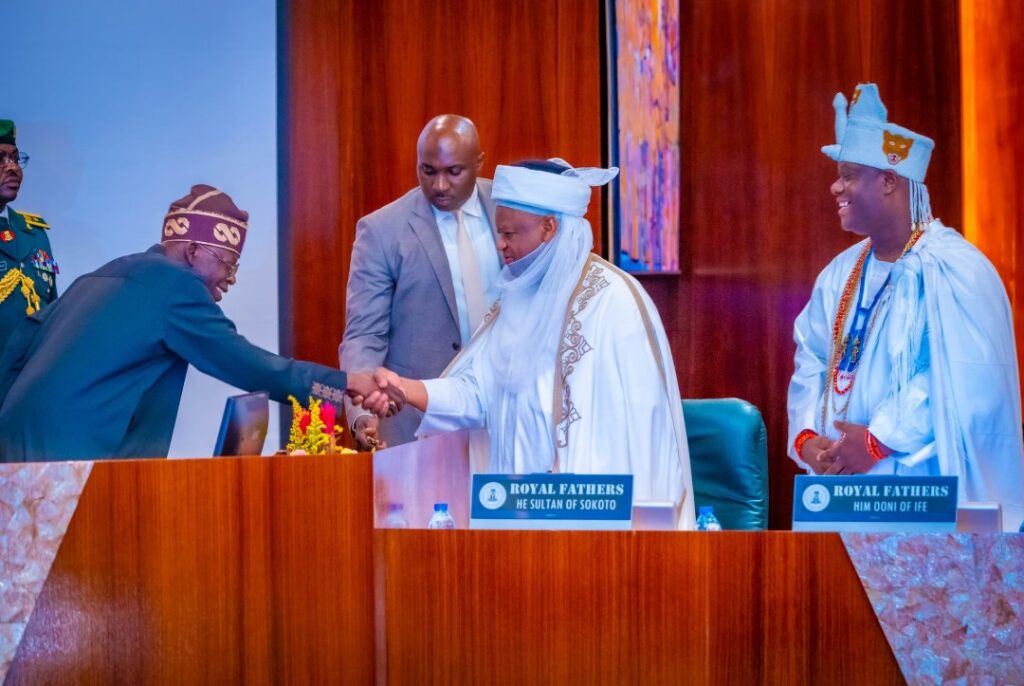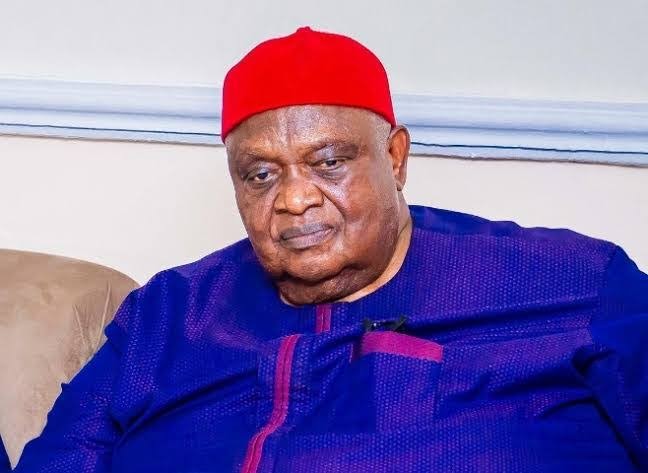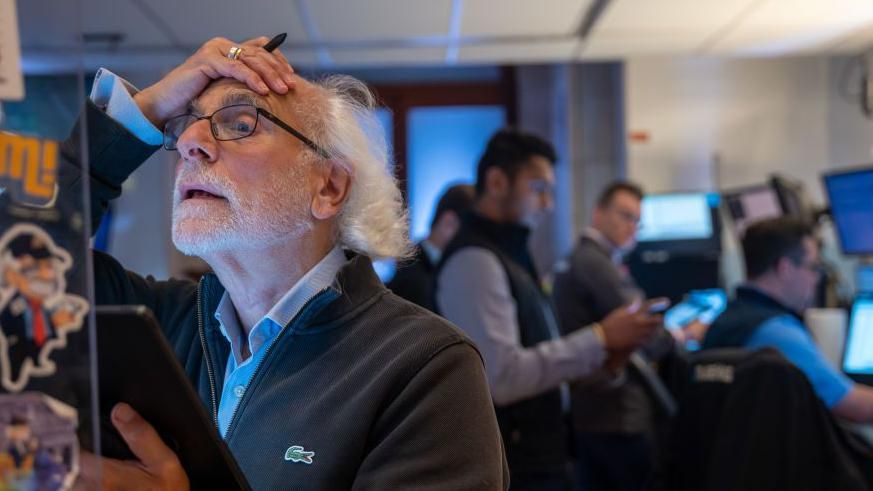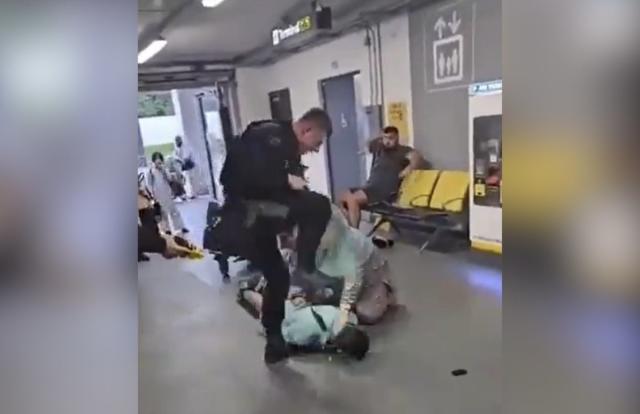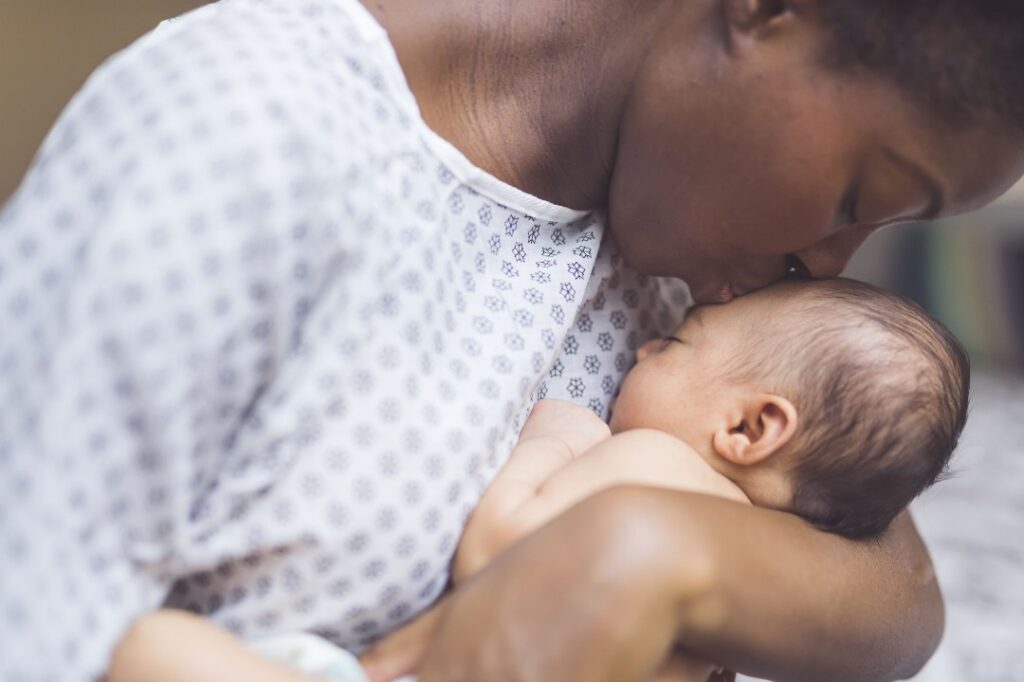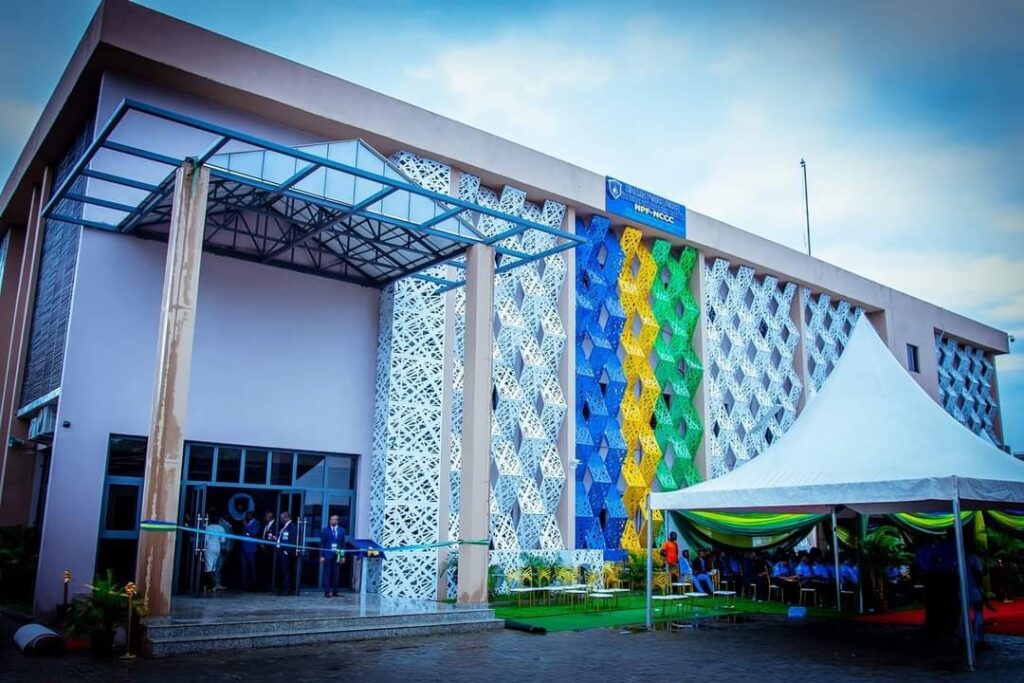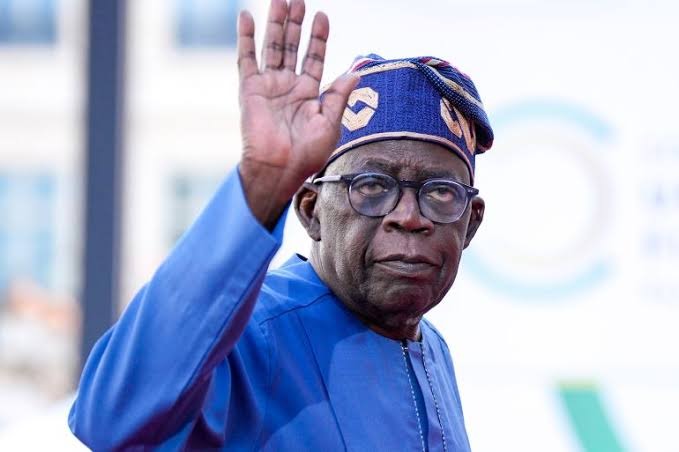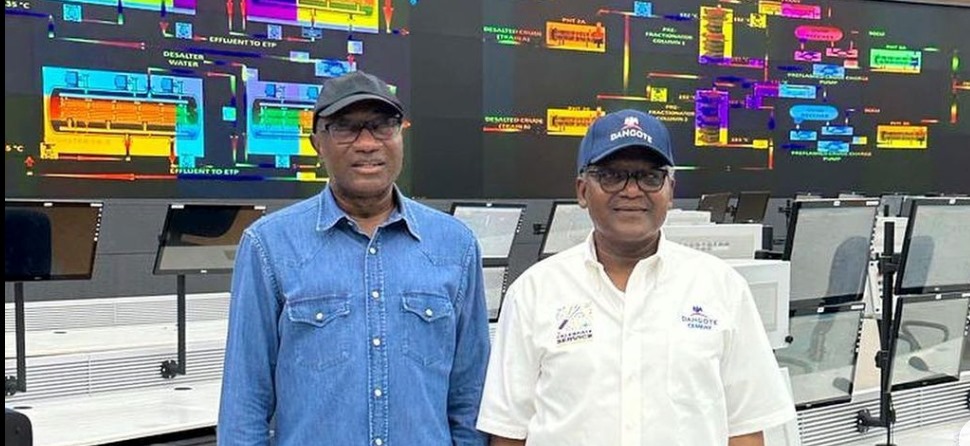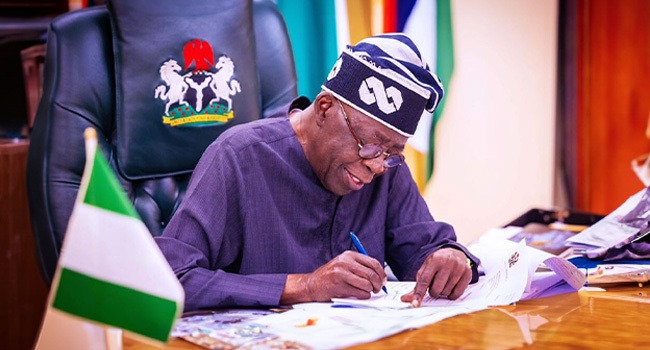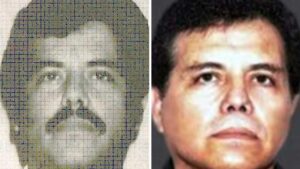On Sunday, the government of Haiti declared a 72-hour state of emergency following the invasion of a major Port-au-Prince prison by armed gangs. The incident resulted in the death of at least 12 people and the escape of approximately 4,000 inmates.
Gang leaders have expressed their intention to compel the resignation of Prime Minister Ariel Henry, who is currently abroad. The factions seeking his removal reportedly have control over approximately 80% of Port-au-Prince. The country has witnessed violent gang wars that claimed the lives of thousands since 2020.
According to a government statement, the weekend saw the storming of two prisons—one in the capital and another in nearby Croix des Bouquets.
The government of Haiti has declared acts of “disobedience” as a threat to national security and has implemented an immediate night-time curfew in response, commencing at 20:00 local time (01:00 GMT on Monday).
In Port-au-Prince, several individuals, including gang members charged in connection with the 2021 killing of President Jovenel Moïse, were detained. The recent surge in violence initiated on Thursday when Prime Minister Ariel Henry traveled to Nairobi to discuss the potential deployment of a Kenya-led multinational security force to Haiti. Following his departure, gang leader Jimmy Chérizier, known as “Barbecue,” announced a coordinated attack with the aim of removing the prime minister.
Chérizier, a former police officer linked to several massacres in Port-au-Prince, declared unity among armed groups in provincial towns and the capital.
Haiti’s police union had requested military assistance to reinforce the main prison in the capital, but the facility was breached late on Saturday. As of Sunday, the prison doors remained open, and there were no visible signs of officers, as reported by Reuters news agency. In the courtyard, three inmates attempting to escape were found dead. During a visit to the prison, an AFP journalist observed around 10 bodies, some displaying bullet-induced injuries.
A volunteer prison worker informed Reuters that 99 prisoners, including former Colombian soldiers incarcerated in connection with President Moïse’s murder, opted to stay in their cells due to concerns about potential harm amid the ongoing crossfire.
Violence has persisted in Haiti since the assassination of President Moïse in his residence in 2021. Despite a political agreement stipulating Prime Minister Henry’s resignation by 7 February, elections were not conducted, and he continues to hold the position. Since the term of the last elected senators concluded in January 2023, Haiti has lacked any elected government officials.
Claude Joseph, who served as acting prime minister at the time of President Moïse’s assassination and currently heads the opposition party “Those Committed to Development,” expressed that Haiti is enduring a “nightmare”.
Claude Joseph stated that Prime Minister Henry appears determined to prolong his tenure, going back on his earlier agreement to step down by 7 February. Despite widespread protests urging him to resign, he has opted to stay, and unfortunately, some individuals are resorting to violent means to coerce his departure.
The UN reported in January that over 8,400 people fell victim to gang violence in Haiti last year, encompassing killings, injuries, and kidnappings—a figure more than twice as high as those recorded in 2022. The escalation of violence, coupled with the political void, has fueled numerous demonstrations against the government, with protestors calling for the prime minister’s resignation.

